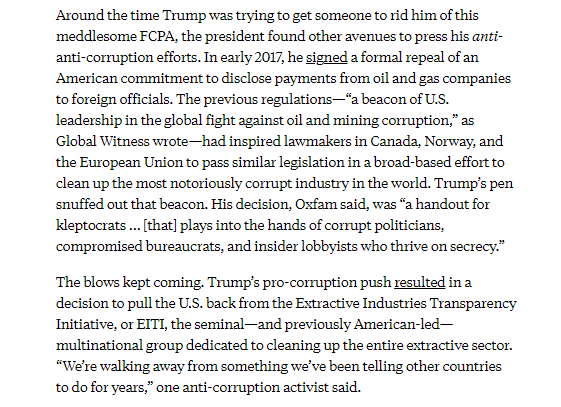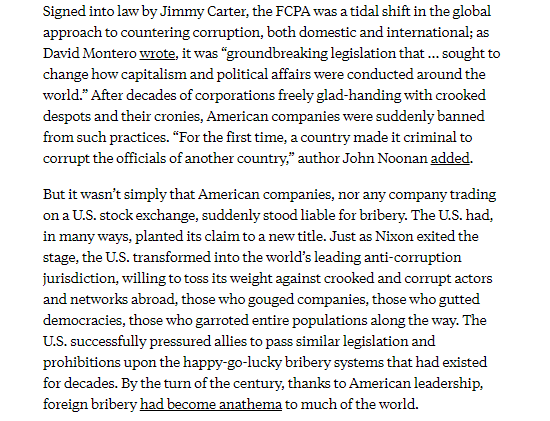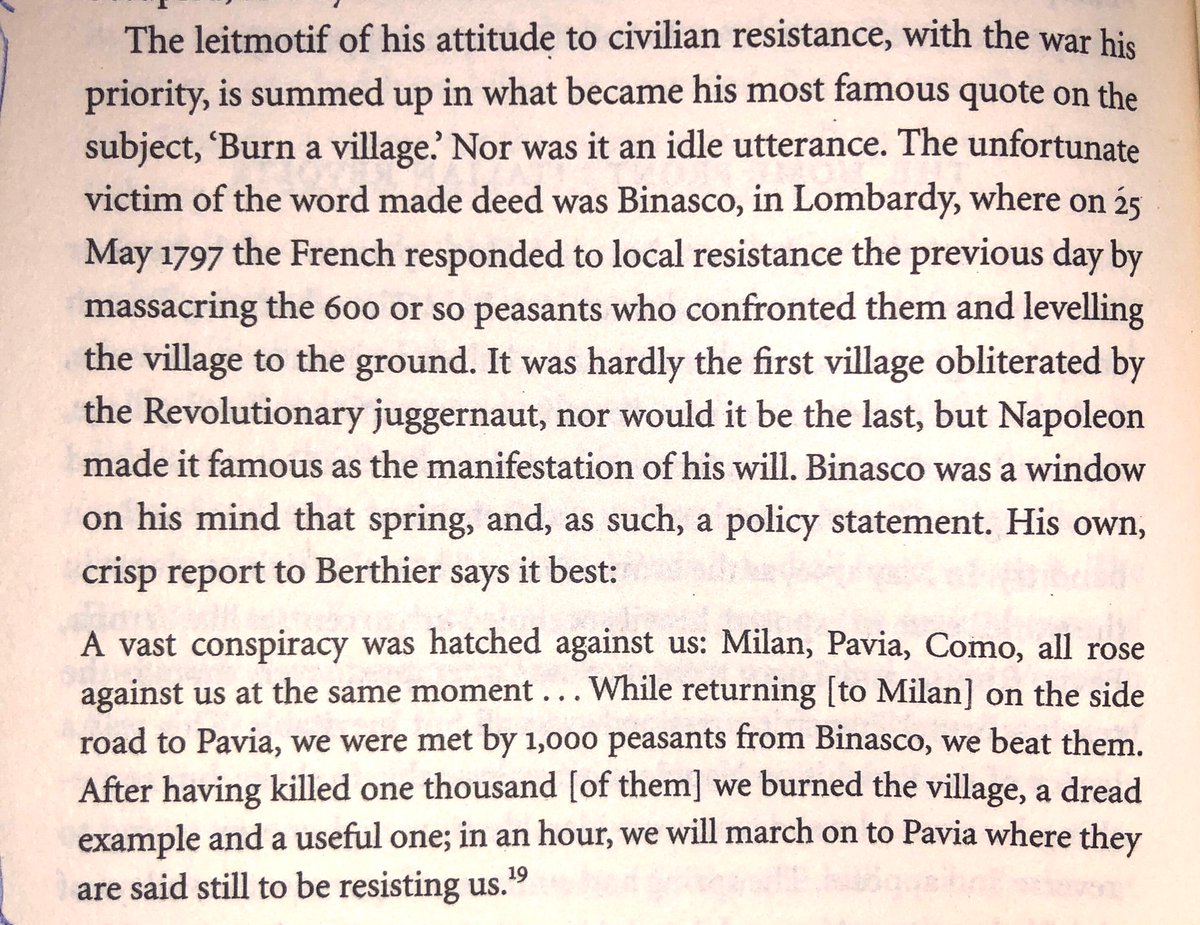
Read a bunch of books in 2020! Here are my top-10 (non-fiction) reads:
1. "Blood and Thunder: The Epic Story of Kit Carson and the Conquest of the American West," by Hampton Sides, on American imperialism and the Navajo, with some of the best, most visceral prose I've read in years.
2. "The Triumph of Injustice: How the Rich Dodge Taxes and How to Make Them Pay," by Saez and @gabriel_zucman, an incredible distillation of growing wealth inequality in the U.S. behind cascading tax cuts, soaring tax evasion, and multinationals fleeing to tax havens.
3. "Race and Reunion: The Civil War in American Memory," by David Blight, on the incorporation of Confederate mythology into post-Civil War U.S.—and the racial hierarchy that came with it.
4. "Parting the Waters: America in the King Years 1954-63," by Taylor Branch, on the rise of MLK and the Civil Rights Movement. The start of a seminal trilogy on the man and the movement.
5. "Breakaway Americas: The Unmanifest Future of the Jacksonian United States," by @TWRichardsJr and "Break it Up: Secession, Division, and the Secret History of America's Imperfect Union," by @RichardKreitner, which highlight just how disunited the U.S. has long been. (Topical!)
6. "Unworthy Republic: The Dispossession of Native Americans and the Road to Indian Territory," by @ClaudioSaunt, on the multiple Trail(s) of Tears, and choices made by Washington to propel them all.
7. "Kleptopia," by Tom Burgis and "On Corruption in America," by Sarah Chayes—another double-up, on modern illicit finance, the history of American graft, and a certain family running Kazakhstan that took full advantage of all the ways to enrich themselves.
8. "Big Wonderful Thing: A History of Texas," by Stephen Harrigan, on the galloping, stupendous history of one of the greatest states in the union.
9. "Mao's Great Famine: The History of China's Most Devastating Catastrophe, 1958-1962," by Frank Dikötter, on the greatest famine the world has ever seen—and how much of it was the fault of the CCP dictatorship still ruling the country.
10. "Paths Out of Dixie: The Democratization of Authoritarian Enclaves in America's Deep South," by @robmickey, reframing the Civil Rights Movement as an explicitly pro-democratization movement—and reforming my understanding of democracy and (subnational) authoritarianism.
• • •
Missing some Tweet in this thread? You can try to
force a refresh









